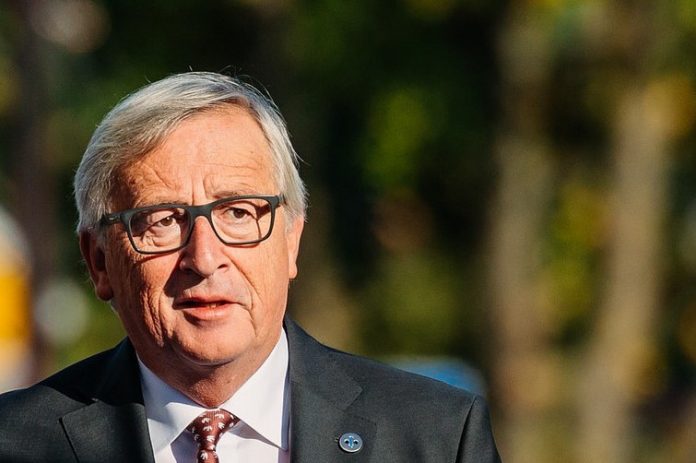Today the European Parliament, the Council and the Commission reached a political agreement on an EU framework for screening foreign direct investment.
The package agreed will ensure that the EU and its Member States are equipped to protect their essential interests while remaining one of the most open investment regimes in the world.
“Europe must always defend its strategic interests and that is precisely what this new framework will help us to do. This is what I mean when I say that we are not naïve free traders. We need scrutiny over purchases by foreign companies that target Europe’s strategic assets. I commend the European Parliament and the EU governments for reaching this agreement in such a swift manner,” said the President of the European Commission, Jean-Claude Juncker.
“This is an important milestone in the process we initiated only a year ago to protect critical technology and infrastructure in Europe. It shows the willingness of Europe to deliver on a strong demand from our citizens and stakeholders. In an increasingly interconnected and interdependent world, we need means to protect our collective security while keeping Europe open for business. I count on the European Parliament and Member States to swiftly approve the investment screening mechanisms agreed today,” added Commissioner for Trade Cecilia Malmström.
Openness to foreign direct investment is enshrined in the EU Treaties. Foreign direct investment fuels economic growth, innovation and employment. However, in some cases foreign investors might seek to acquire strategic assets that allow them to control or influence European enterprises the activities of which are critical for the security and public order in the EU and in its Member States.
Main features of the new European framework for screening of foreign direct investment:
– creates a cooperation mechanism where Member States and the Commission will be able to exchange information and raise specific concerns.
– allows the Commission to issue opinions in cases concerning several Member States, or when an investment could affect a project or programme of interest to the whole EU, such as Horizon 2020 or Galileo.
– encourages international cooperation on investment screening policies, including sharing experience, best practices and information regarding investment trends.
– reaffirms that national security interests are the responsibility of Member States; it will not affect the Member States’ ability to maintain their existing review mechanisms, to adopt new ones or to remain without such national mechanisms (currently 14 Member States have such mechanisms in place).
– Member States keep the last word whether a specific operation should be allowed or not in their territory.
– takes into account the need to operate under short business-friendly deadlines and strong confidentiality requirements.
The proposal to set up a European framework for screening foreign direct investment into the European Union is part of the Commission’s effort to deliver on a Europe that protects its companies, workers and citizens.
On 14 September 2017 the Commission proposed a framework for screening foreign direct investments as part of the trade package in President Juncker’s State of the Union speech. It entered three-way talks with the European Parliament and the Council on 10 July 2018 and today’s outcome closes this process. The two co-legislators have now to confirm this agreement and give the final greenlight to the proposal so that it can enter into force.
In parallel to this proposal, the Commission is completing a detailed analysis of the foreign direct investment flows into the EU and has set up a coordination group with Member States to help identify joint strategic concerns and solutions in the area of foreign direct investment.

